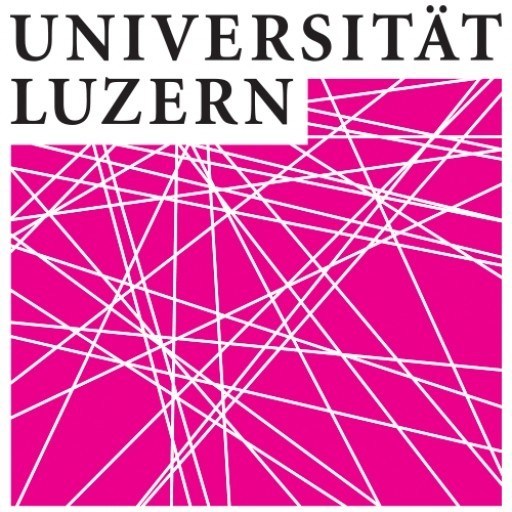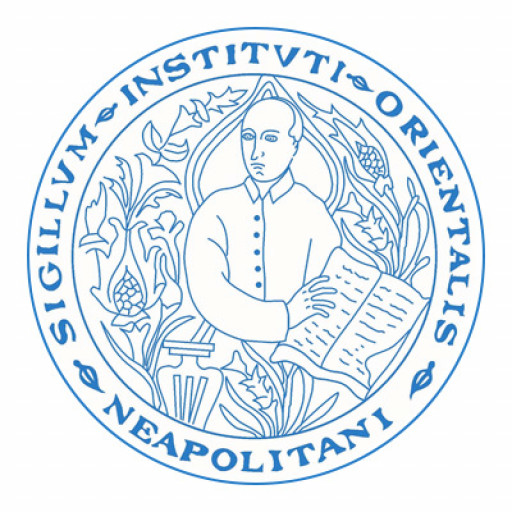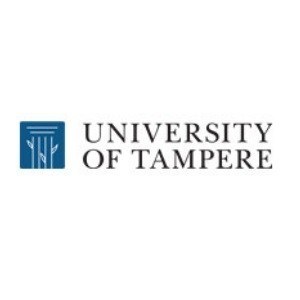Master of Arts in Comparative Media Studies at the University of Lucerne offers an interdisciplinary and innovative approach to understanding media in its various forms and contexts. This program is designed to equip students with comprehensive analytical skills, enabling them to critically examine the cultural, social, technological, and political dimensions of media practices across different societies and historical periods. The curriculum combines theoretical foundations with practical applications, fostering a deep understanding of media texts, production processes, and their impacts on audiences and communities. Students will explore diverse media forms, including digital media, film, television, print, and emerging technologies, as well as their intersections with art, communication, and society. The program encourages critical reflection on current media phenomena, fostering awareness of the global media landscape and its influence on identity, power, and representation. Through a combination of lectures, seminars, workshops, and independent research, students are guided to develop their own scholarly voice and media projects. The Master in Comparative Media Studies also emphasizes intercultural competence and interdisciplinary collaboration, preparing graduates for careers in media analysis, communication consultancy, media production, cultural policy, and academia. The program benefits from the university’s strategic location and connections within the media industry, providing students with a variety of practical opportunities and networks. Graduates will possess a nuanced understanding of media dynamics and the skills necessary for critical engagement in diverse media environments, making them well-suited for professional and academic pursuits in the rapidly evolving media landscape.
The Master of Arts in Comparative Media Research at the University of Lucerne offers an in-depth exploration of media systems, communication processes, and cultural phenomena across different societies. This interdisciplinary programme is designed to equip students with a comprehensive understanding of how media influence social, political, and cultural developments worldwide. Throughout the course of study, students engage with theoretical frameworks and methodological skills necessary for analyzing a wide range of media formats, including print, broadcast, digital, and social media. The programme emphasizes critical thinking and analytical abilities, encouraging students to examine media content, production processes, and consumption patterns from a comparative perspective.
Students will explore topics such as media history, media policy, audience studies, media literacy, and the impact of digital technologies on contemporary communication landscapes. The curriculum integrates both qualitative and quantitative research methods to enable students to conduct independent investigations and produce original scholarly work. In addition, the programme fosters a strong international orientation, offering opportunities for intercultural exchange and study visits, which enhance understanding of global media practices.
Collaborations with media organizations, research institutes, and cultural institutions provide practical insights and opportunities for hands-on experience. Graduates will be well-prepared for careers in media research, policy analysis, journalism, communication consultancy, and academia. They will possess a nuanced understanding of the complex interplay between media production and societal change, capable of critically assessing media's role in shaping public opinion and cultural identities worldwide. The programme aims to develop informed, reflective, and innovative media scholars and professionals equipped to confront the challenges of an ever-evolving media landscape.
Program Requirements: The Bachelor’s degree in Comparative Media Research at the University of Lucerne mandates the successful completion of comprehensive coursework in media studies, communication theories, and qualitative and quantitative research methodologies. Prospective students are expected to demonstrate a strong foundational knowledge of media landscapes, cultural contexts, and analytical skills necessary for comparative analysis. Admission criteria typically include a recognized secondary school leaving certificate or equivalent qualification, along with proof of proficiency in English and/or German, depending on the language of instruction. Applicants may need to submit a motivation letter detailing their interest in media research, a curriculum vitae, and academic transcripts illustrating relevant coursework. While prior experience in media, communication, or social sciences is advantageous, it is not strictly required, as the program provides foundational instruction in these areas. The curriculum emphasizes interdisciplinary approaches, encouraging students to develop critical thinking, research competencies, and practical skills, such as data analysis and media content evaluation. Students are also expected to participate in seminars, workshops, and research projects that foster collaborative learning and real-world application of theoretical knowledge. Additionally, there may be specific prerequisite courses or modules that ensure students have essential skills before progressing to advanced topics. The program's structure integrates coursework, research work, and possibly internships or fieldwork to prepare students for careers in academia, media industry, or policy analysis. Overall, the program aims to equip students with comprehensive expertise in comparative media studies, emphasizing scholarly inquiry, methodological rigor, and cultural awareness to address contemporary media issues and phenomena.
The Master of Arts in Comparative Media Studies at the University of Lucerne offers a variety of funding options for prospective students. Tuition fees are structured to be accessible and competitive within the Swiss higher education landscape. Typically, tuition fee details are published annually on the university's official website, reflecting the university’s commitment to transparency and affordability. Scholarships and financial aid opportunities may be available for outstanding applicants or students demonstrating financial need, including externally funded grants, partial scholarships, and university-specific assistance programs. Students are often encouraged to explore external funding sources such as government grants, private foundations, and international scholarship programs that support master's students in Switzerland. Additionally, part-time employment opportunities within the university or in the surrounding area can help students finance their studies, with the university providing guidance on permissible work hours for international students. The university may also recommend student loans as a means to cover living expenses, although these are not directly managed or endorsed by the institution. Some students opt for cost-saving measures, such as sharing accommodations or living in nearby cities with lower living costs. The university typically provides detailed information about living expenses, visa requirements, and financial planning during the application process. International students should plan their finances carefully and consider applying early for scholarships or assistant positions, which are sometimes limited in number. The university also offers advice sessions for prospective and current students on financial planning to ensure they can focus on their academic pursuits without undue financial stress. Overall, the financing studies component of the Master of Arts in Comparative Media Studies program emphasizes a combination of tuition fees, external scholarships, part-time work opportunities, and financial planning resources to support student success and accessibility.
The Master of Arts in Comparative Media Research at the University of Lucerne offers students an interdisciplinary and research-oriented approach to understanding media and communication in various cultural and societal contexts. The program focuses on examining different media forms, their development, influence, and the interplay between media and society from a comparative perspective. Students engage with theoretical frameworks, methodological approaches, and practical skills necessary to analyze contemporary media phenomena critically.
The curriculum typically includes courses in media theories, research methods, cultural studies, digital media, and communication strategies. Students are encouraged to develop their research projects, often culminating in a master's thesis that contributes new insights into media research. The program aims to prepare graduates for careers in media analysis, journalism, cultural management, academic research, or further doctoral studies.
The program is designed to foster an international and interdisciplinary learning environment, attracting students from diverse backgrounds, including media studies, communication sciences, cultural studies, and related fields. Students benefit from the university's strong ties to research institutions and media organizations, offering opportunities for internships, collaborative projects, and conferences. The faculty members are experienced researchers and practitioners committed to high-quality education and innovative research.
Studying at the University of Lucerne provides access to modern facilities, a vibrant academic community, and a location conducive to cultural and media exchanges. The program emphasizes critical thinking, methodological rigor, and the application of theoretical knowledge to current media challenges. Graduates of the Master's program in Comparative Media Research are well-equipped to pursue careers in media analysis, policy advising, content creation, or academia, where they can contribute to understanding and shaping the role of media in contemporary society.









